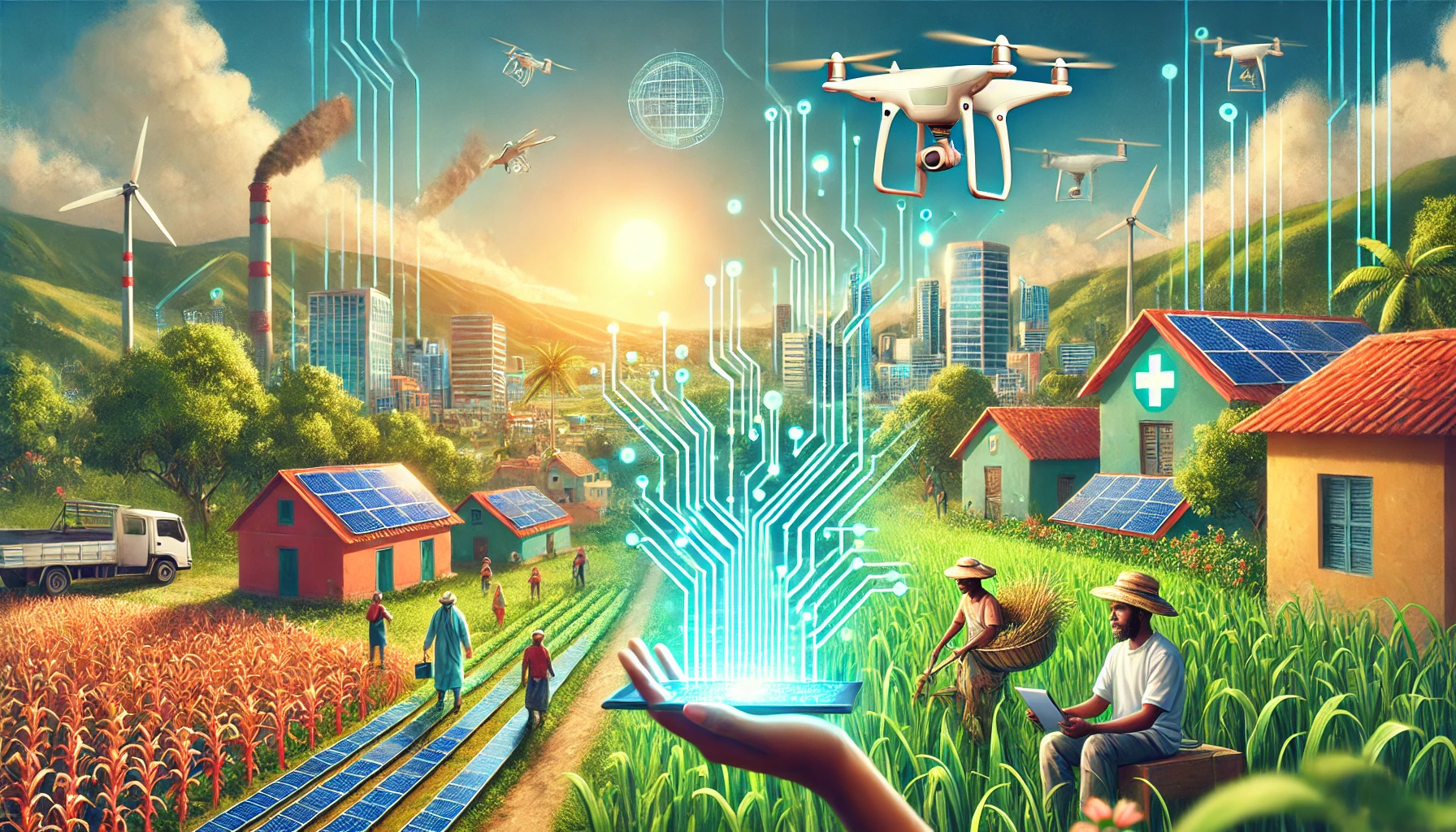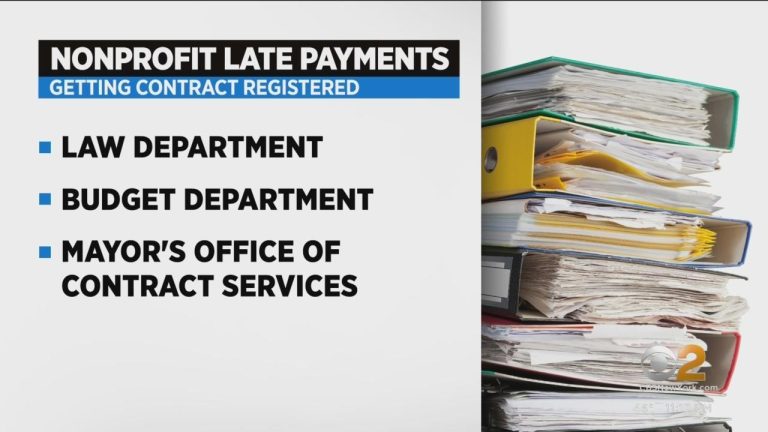Overview
Haiti is a country with a rich history and culture. But it also faces big challenges, like political instability and natural disasters. Amid these struggles, one tool stands out: artificial intelligence (AI). This article looks at how AI can help Haiti tackle these issues and grow sustainably.
Table of Contents
- Using AI for Disaster Response
- Transforming Agriculture
- Improving Healthcare
- Boosting Education
- Growing the Economy
- Challenges to Overcome

Enhancing Disaster Response and Preparedness
Haiti is no stranger to natural calamities, with earthquakes and hurricanes frequently disturbing the lives of its residents. AI can play a crucial role in disaster response and preparedness. Through the integration of machine learning models that predict disaster patterns and simulate crisis scenarios, AI systems can provide invaluable insights for disaster preparedness, ensuring faster and more efficient responses, ultimately saving lives and reducing economic losses.

Revolutionizing Agriculture
Agriculture forms the backbone of Haiti’s economy, employing a large portion of the population. AI can transform this sector by introducing precision agriculture techniques. Drones equipped with AI can analyze crop health, monitor soil conditions, and optimize water usage. Such technology not only boosts crop yields but also helps in managing resources more effectively, leading to increased food security and reduced environmental impact.
For an example of AI in agriculture, look at this YouTube video on AI and Agriculture.
Improving Healthcare Accessibility and Quality
AI has the potential to significantly improve healthcare in Haiti, particularly in rural and underserved areas. AI-driven diagnostic tools can help in early detection of diseases such as tuberculosis and HIV/AIDS, which are prevalent in Haiti. Additionally, telemedicine platforms can use AI to connect patients with specialists around the world, overcoming the barriers posed by the shortage of healthcare professionals and infrastructure.
Learn more about AI in healthcare from this external link on AI Healthcare.
Empowering Education and Training
Educational resources in Haiti are often limited due to economic constraints and logistical challenges. AI can be a game-changer in this sector by providing personalized learning experiences and scalable educational technologies. AI-powered educational platforms can adapt to the individual learning paces of students, provide real-time feedback, and make high-quality education more accessible to all, regardless of geographical location.
Check out this YouTube video on AI in Education.
Promoting Sustainable Economic Growth
AI can drive economic growth in Haiti by fostering new industries and enhancing existing ones. For instance, AI can streamline operations in the manufacturing sector, enhance customer service in the tourism industry, and provide data-driven insights for better business decision-making. Moreover, by automating routine tasks, AI allows the workforce to engage in more complex and creative tasks, thereby fostering innovation and economic diversification.
To understand more about AI’s impact on economic growth, visit this external link on AI and Economy.
Challenges and Considerations
While the benefits are substantial, the implementation of AI in Haiti is not without its challenges. These include the need for robust infrastructure, skilled human resources, and the safeguarding of ethical standards and privacy. Additionally, it is crucial to ensure that the adoption of AI does not exacerbate existing inequalities but instead fosters inclusive growth that benefits all segments of society.
Conclusion: AI in Haiti: How Technology Can Drive Progress
In conclusion, AI presents a promising avenue for addressing some of Haiti’s most pressing issues. By carefully planning and implementing AI technologies, Haiti can enhance its disaster resilience, improve agricultural productivity, increase healthcare accessibility, revolutionize education, and stimulate sustainable economic growth. In embracing AI, Haiti is not just adopting new technology; it is paving the way towards a brighter, more resilient future.
FAQs:
What role can AI play in disaster preparedness in Haiti?
AI can predict disaster patterns and simulate crisis scenarios, providing invaluable insights for disaster preparedness and ensuring faster and more efficient responses.
How can AI improve agriculture in Haiti?
AI can introduce precision agriculture techniques, such as drones analyzing crop health, monitoring soil conditions, and optimizing water usage, which boosts crop yields and manages resources more effectively.
What are the challenges of implementing AI in Haiti?
Challenges include the need for robust infrastructure, skilled human resources, and the safeguarding of ethical standards and privacy, as well as ensuring that AI adoption does not exacerbate existing inequalities.











Add a comment